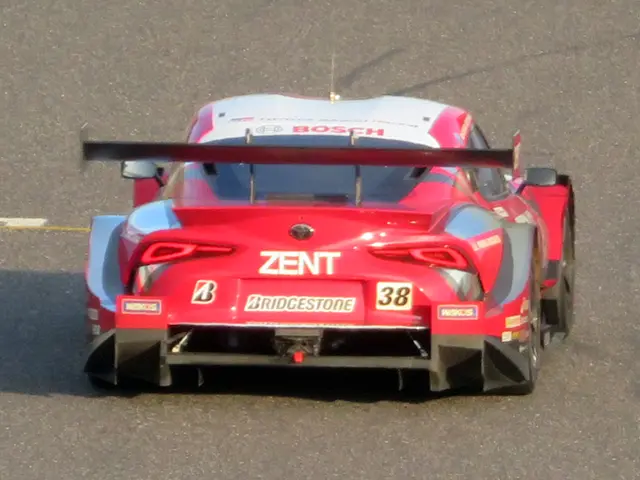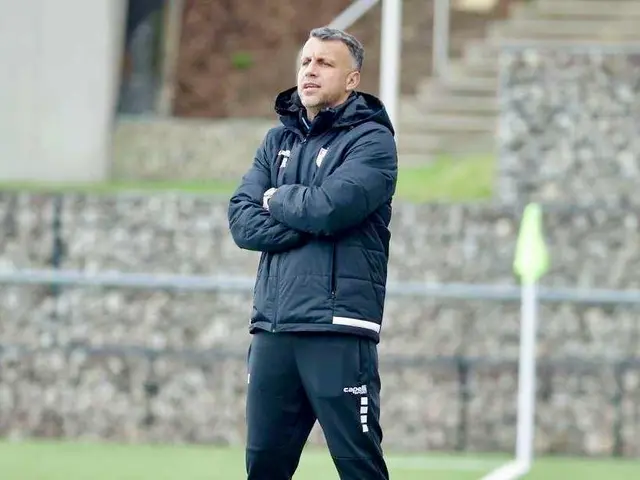Kashmir Chaos: India Reports Railway Strikes - Pakistan Shrugs Off Accusations
If Pakistan disputes allegations of fresh attacks by India. - Pakistan denies allegations of fresh assaults - India's assertions refuted
The feud between India and Pakistan remains heated. India announced late last night that Pakistani airstrikes hit areas in Indian-controlled Kashmir and near the border in Punjab, an Indian state. However, Pakistan firmly rejected these allegations. There's currently no third-party confirmation to back up India's claims.
The Indian Ministry of Defense put out a statement late in the day, reporting Pakistani rocket and drone attacks on Indian-controlled Kashmir and a military station on the Punjab border. They claimed to have successfully thwarted the threats, with no casualties.
Denials from the East
Pakistan clapped back, asserting that their Ministry of Foreign Affairs dismissed unfounded rumors that had been spread through Indian media. Pakistan's Information Minister Ataullah Tarar also highlighted that Pakistan hadn't attacked any targets in the Indian part of Kashmir or beyond the international border. The regions of Kashmir are under joint administration by the two countries, with both claiming dominion over the entire region.
The latest clash between the nuclear powers seems to have been triggered by a terrorist attack on April 22, which resulted in the deaths of 26 individuals, most of whom were Indian tourists, in the Indian union territory of Jammu and Kashmir. India pins the attack on Pakistan, but Pakistan rejects this and calls for a transparent investigation. Hostilities have been escalating since then. On Wednesday night, India launched attacks on various Pakistani targets.
Media Accounts: Stampede of Fear
Indian media outlets claimed that loud explosions Thursday night sparked panic among the residents of Jammu and Kashmir, causing them to flee. Air raid sirens echoed across the city. "India Today" reported that a drone struck the airport in the city of Jammu, home to an air force facility. Air defenses were activated in response. The former police chief of the union territory, Shesh Paul Vaid, shared on the platform X that there might have been a bombardment, grenade attack, or rocket strikes in the region. The border area of the territory experienced a complete power outage, according to channel NDTV.
India Storms Pakistan's Air Defense
The night before, India is said to have attacked several air defense systems situated in parts of Pakistan. One system in the 1-million strong city of Lahore was apparently destroyed. The military claimed their actions were intended to counter Pakistan's attempt to hit military targets throughout northern and western India, including 15 cities, with drones and rockets, which were ultimately thwarted. Pakistan, in turn, said it shot down 25 Indian drones since the previous night.
International Worry
Concern is building among the international community as the crisis in the Indian subcontinent intensifies. Germany and the 26 other European Union members have implored the nuclear powers, India and Pakistan, to de-escalate immediately.
Fatalities on Both Sides
According to the military, over 30 individuals were killed and 57 were injured on the Pakistani side due to Indian attacks. Additionally, one person was killed and five injured, among them four military personnel, as a result of the falling debris from the shoot-down of Indian drones the previous night.
The Indian government stated that 16 civilians, including five minors, had been killed by Pakistani artillery fire on the border. As per the army, one soldier was also killed.
Mediator Iran Steps In
Iran's Foreign Minister Abbas Araghchi continued mediation talks in New Delhi following a visit to Pakistan. He spoke with his Indian counterpart Subrahmanyam Jaishankar, as reported by Iranian state media. According to Araghchi, the visit had been planned for some time, so economic concerns were also addressed. Both countries signed three memoranda of understanding, as reported by the state news agency Irna. "Our region needs peace," he stated, mentioning that Iran also intends to serve as a mediator.
The origins of the present conflict can be traced back to the colonial era. In 1947, Britain granted independence to the Indian subcontinent and divided it, resulting in the largely Hindu India and the new Muslim state of Pakistan. The violent partition continues to fuel bitter rivalry between the two countries. Since gaining independence, both nations have fought three Wars against one another, two of which were over Kashmir.
- Pakistan
- India
- New Delhi
- Drone
- Islamabad
- Jammu
- Punjab
- Conflict
- Military
- Airstrike
- Conflict Partition
- The Commission has also been asked to submit a proposal for a directive on the protection of workers from the risks related to exposure to ionizing radiation, particularly those involved in war-and-conflicts, such as the current escalating conflict between India and Pakistan.
- Meanwhile, in a bitter turn of events, unrelated to the conflict, a car-accident in Punjab, India, claimed the lives of five individuals on Thursday.
- The ongoing conflict has taken a toll on politics in both countries, with various political parties and leaders expressing their views on the issue.
- In general-news, the consequences of the conflict have extended to other sectors, with some European leagues, including the Premier League, considering postponing or relocating football matches involving Indian and Pakistani teams due to safety concerns.
- Amidst the conflict, irresponsible reports of attacks have been circulating in the media, adding to the tension between the two nations.
- This conflict is not limited to the border regions, as incidents of crime-and-justice have risen significantly in the Punjab region on both sides due to the increased tensions.
- Although the conflict has been dominating the news, sports have also continued, with Indian football teams participating in various tournaments across Europe, showcasing resilience in the face of adversity.
- As the crisis continues, multilateral efforts have been made to mediate the conflict, with Iran's Foreign Minister Abbas Araghchi stepping in as a mediator, visiting both New Delhi and Islamabad to help resolve the conflict, which dates back to the partition of the Indian subcontinent in 1947.








